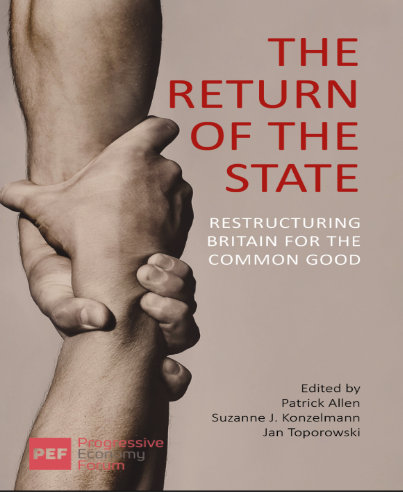
The Return of the State – Council members explain the purpose of the book
see film clips of PEF Council members explaining the purpose of PEF’s new book, The Return of the State
Council Members
Secretariat
Guest Authors

see film clips of PEF Council members explaining the purpose of PEF’s new book, The Return of the State
The OECD’s latest Economic Outlook offers a comparatively rosy picture for any recovery from covid as public health conditions continue to dominate the economy. With highly effective vaccines now rolling
Early reports suggest that the reopening of indoor hospitality in England has driven a hiring surge as employers try to meet the expected demand across the sector. Job search website

UK government figures out today show a 1.5% shrinking in the size of the economy in the first three months of the year – huge by pre-covid standards, but better

In the past few months, a global campaign has grown in favour of suspending the IP protection for Covid vaccines during the pandemic. Over 100 countries have joined the campaign, with a prominent role played by India. At the beginning of May, the Biden Administration backed it, reversing the Trump administration’s opposition. Sadly, the British government has been one of the few rigidly opposing the idea of a waiver.
We had an exceptional public health emergency to deal with and, like other national emergencies, such as the Second World War, we simply had to spend the money to deal with it. Just as we didn’t panic about repaying the debt as fast as possible after WW2, instead building the NHS and the welfare state, so today we shouldn’t be panicking about it, either

No economist should have been remotely surprised by the announcement of the European Super League. Its ignominious collapse could mark the beginning of a long-needed onslaught on the economic model on which it was based.

“Work is the ultimate escape from poverty. But the futile sort demanded by the United Kingdom’s income-support scheme puts many of society’s weakest members on a path to nowhere, because it reflects a welfare ideology that fails to distinguish fantasy from reality”
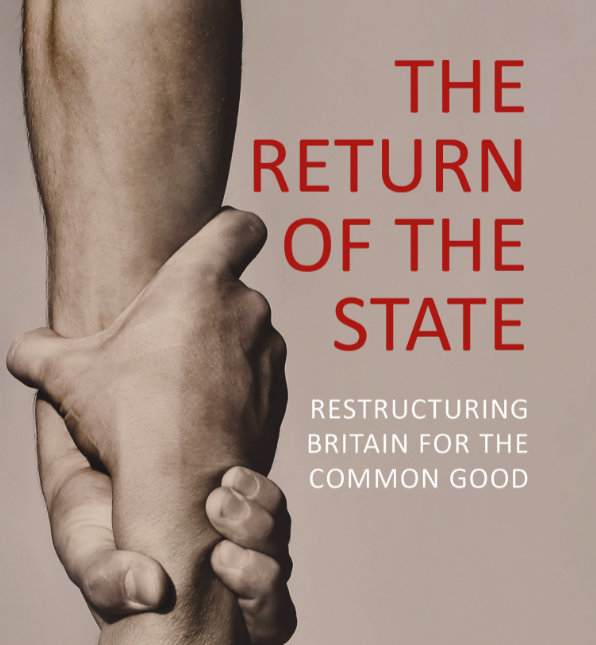
“After decades of assault by state-shrinking ideologues, a collision of crises has revealed how only the power of good government can save us. Covid, climate catastrophe and Brexit crashed in on a public realm stripped bare by a decade of extreme austerity. Here all the best writers and thinkers on the good society show recovery is possible, with a radical rethink of all the old errors. Read this, and feel hope that things can change. ”
Polly Toynbee

Will Hutton sets out five principles for a Charter for Work.
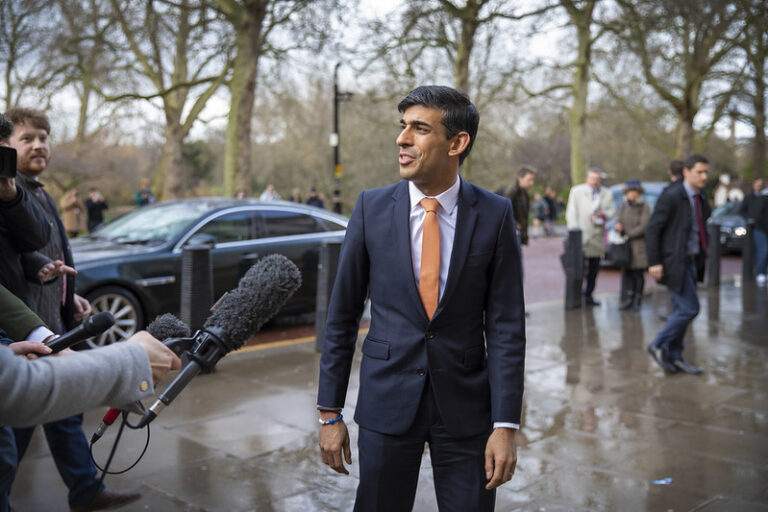
The budget was singularly lacking in ambition when it came to the government’s role in creating a sustainable, inclusive and investment-led recovery.
There was no new green stimulus despite the UK facing a £100bn funding gap to reach its net-zero by 2050 target and despite its hosting of the global COP26 climate change summit this November.
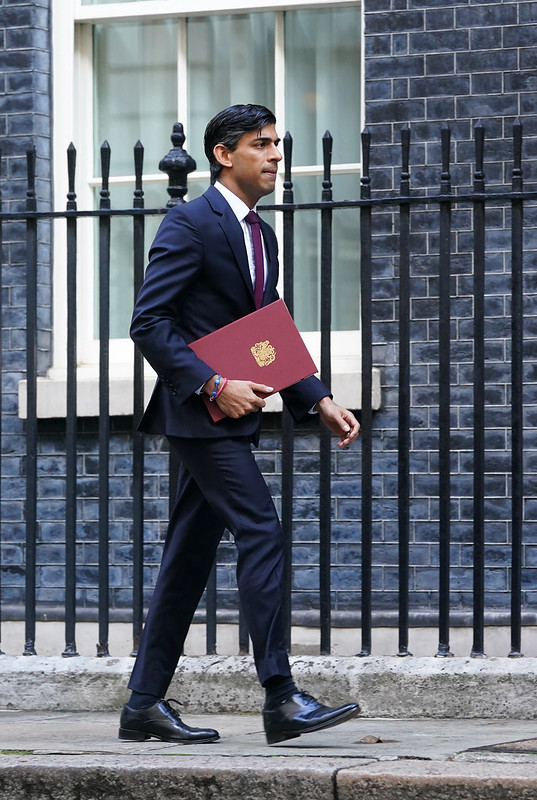
“I am highly sceptical about this story of ‘pent-up demand’. A shrinkage in national income by 10% implies a fall, not rise, in national saving. Saving out of income may go up, but income itself is lower. That’s why it’s not like in a war, when you have full employment and rising wages, but less to spend money on. “

Will the election of Jo Biden lead into a new progressive era? This is a question being asked all over the world.
The precariat should lead the revolt to strengthen the backbones of those in positions to develop transformative alternatives. Otherwise the Biden Bounce will be a Blip.
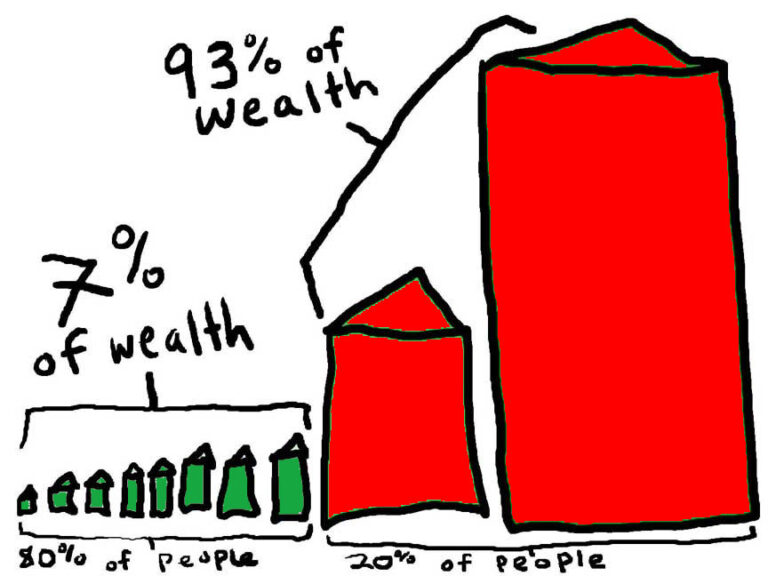
Kate Pickett and Richard Wilkinson discuss how greater equality is the key to reining in consumerism and waste to achieve carbon neutrality and sustainable well being
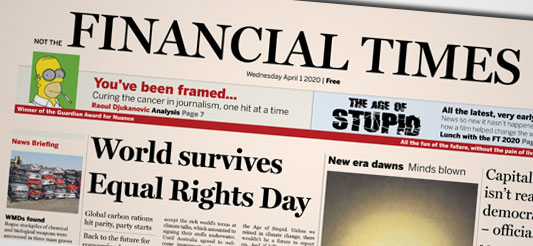
The regeneration of Britain’s ‘national infrastructure’ must include investment in ‘social infrastructure’ such as childcare, schools and universities, regional theatres, orchestras, common spaces, and local sports.
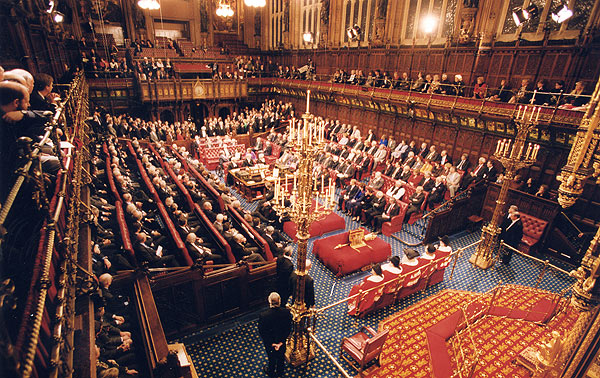
When the economic affairs committee of the House of Lords agreed in July 2020 to direct its next inquiry into “employment and Covid-19” the general expectation was that there would

Dag Detter, Stefan Holster and Josh Ryan-Collins In his spending review this week, the Chancellor made clear the scale of the economic crisis facing the UK. Much discussion has followed
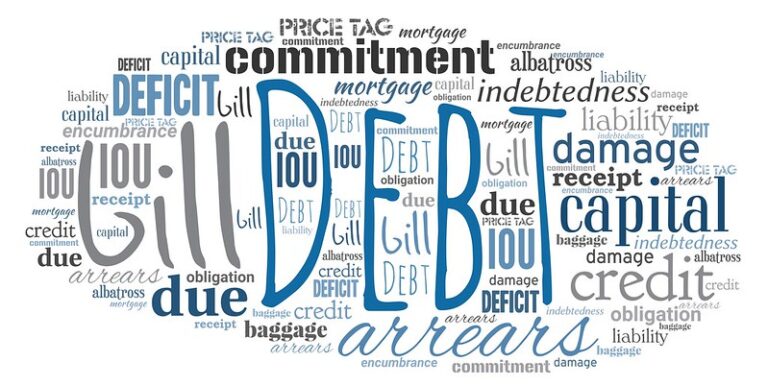
As government borrowing takes the ratio of public debt in Britain to national income above 100%, listen out for the alarms raised by fiscal conservatives that our profligacy is perpetuating debts that your children will have to pay

The focus of economic policy should be on maintaining a high, sustainable level of employment. This is correct theoretically, practically, and socially. It counterbalances the capitalist market system’s tendency not to create a high level of employment.

We received the sad news that our great friend and colleague John Weeks died on 26th July 2020 after increasing ill health over the last few months. John was one of the founders of PEF and coordinator of the council.
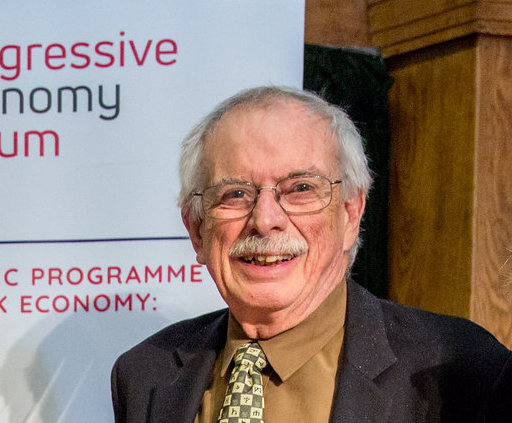
” John Weeks was a rigorous and progressive academic economist, committed to good economic policy and political action; at the same time he was a very kind, supportive and loyal colleague and friend”

We have reviewed the fiscal sustainability report published by the Office for Budget Responsibility (OBR) on 14 July 2020. We believe that its approach to economics is wrong. The view it presents does not, in our opinion, help economic recovery.
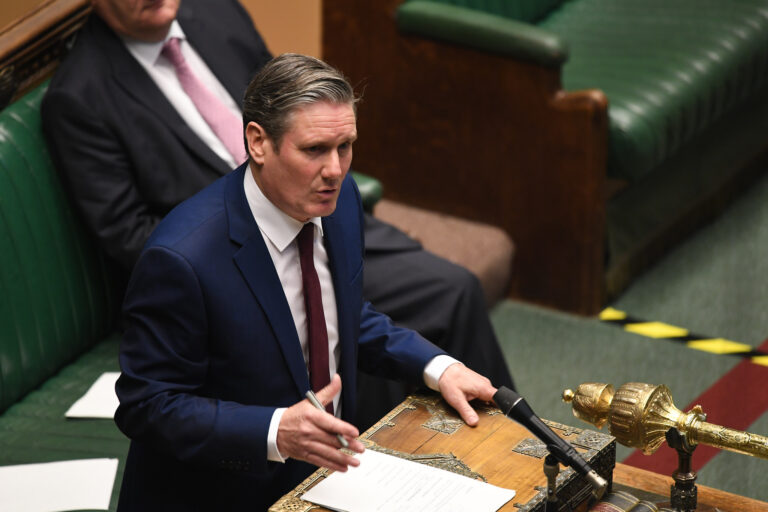
The coronavirus pandemic has worsened inequalities and the measures taken by government, with tacit or explicit support of Labour and the TUC, have increased inequalities further.

PEF council member Guy Standing and the award winning band Massive Attack have combined to create a video supporting Universal Basic Income. Progressive economics set to music !
© copyright Progressive Economy Forum & respective authors.
To see how we use cookies on this website, view our Privacy Policy.
We use cookies to personalise your experience, by using our website you agree to the terms and conditions set out in our privacy policy.